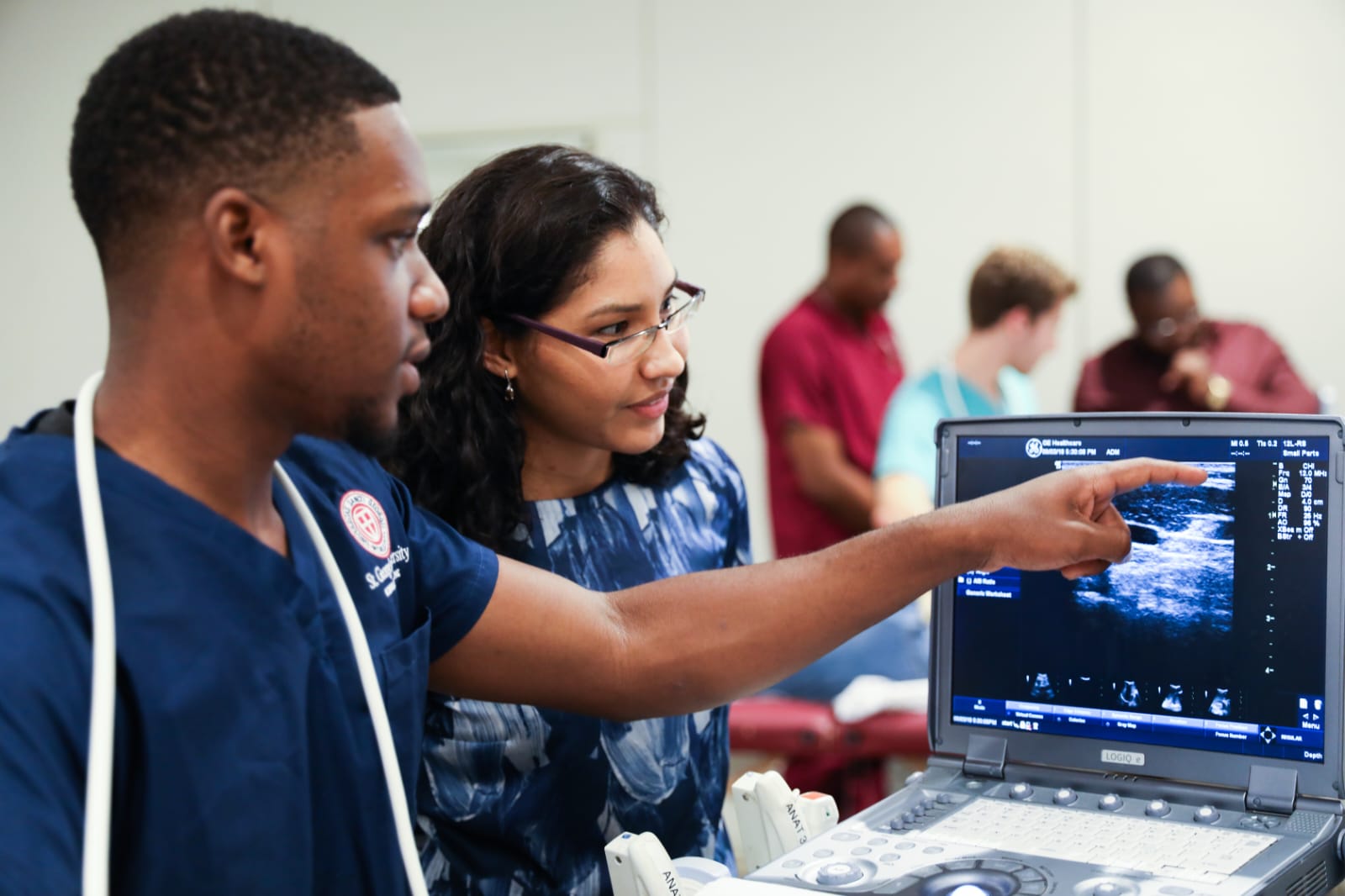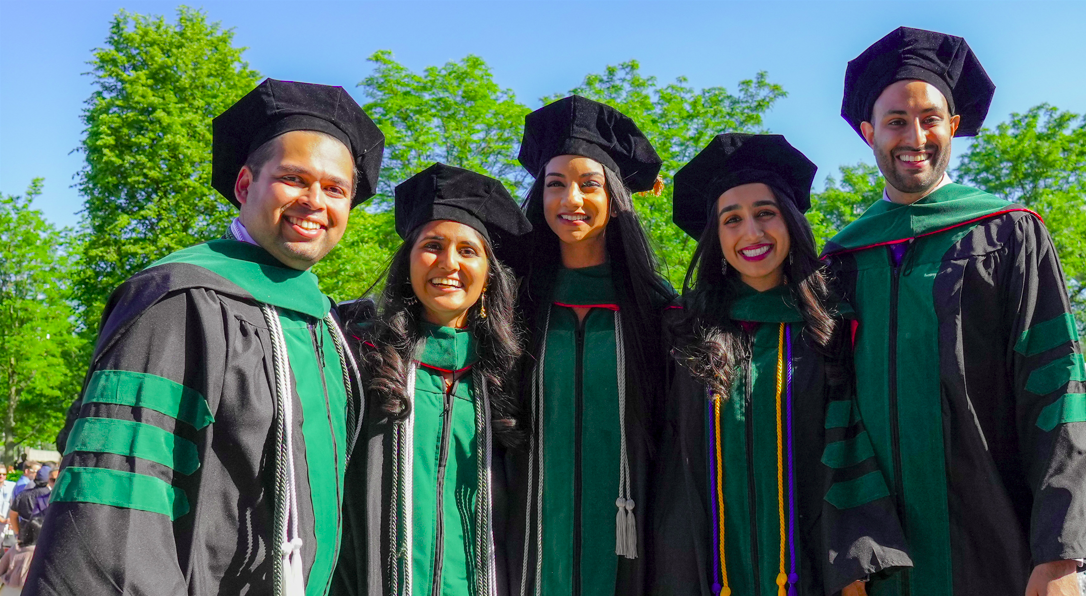Aspiring doctors considering studying medicine abroad face an exciting and life-changing opportunity. This path opens doors to a global education, diverse clinical experiences, and an international career, but it also demands careful preparation. To assist prospective students in making informed choices, St. George’s University, School of Medicine in Grenada, West Indies, has provided a set of guidelines for navigating this rewarding yet challenging journey.
First, it is essential to reflect on your motivations and career goals. Pursuing a medical degree requires immense dedication, discipline, and resilience over many years. Aspiring doctors should take time to consider why they want to enter the field and where they envision themselves practicing after graduation. Being clear about a desired specialty and location helps guide decision-making and maintain focus throughout the rigorous academic journey. Studying abroad can also significantly broaden one’s perspective, providing exposure to different healthcare systems and cultures, which are increasingly valuable skills in today’s global landscape.
A strong academic foundation is a cornerstone of success. A solid grasp of core subjects like biology, chemistry, and physics is crucial not only for meeting entry requirements but also for preparing for the curriculum ahead. Maintaining a strong Grade Point Average is vital, as it reflects academic consistency, but many institutions also consider other factors like letters of recommendation and extracurricular involvement. Developing good study habits early, such as staying on top of assignments and participating in study groups, can set a student up for long-term success.
Proficiency in English is another critical component, particularly for those who wish to practice in countries like the United States, Canada, the United Kingdom, New Zealand, and Australia. Standardized tests such as the International English Language Testing System (IELTS) or the Test of English as a Foreign Language (TOEFL) are widely recognized ways to demonstrate this skill. Furthermore, a good command of medical vocabulary is essential for seamless communication among physicians and other healthcare professionals.
Choosing the right medical school is a key decision. Prospective students should create a shortlist of accredited institutions that align with their career goals. It is wise to look beyond just the curriculum and explore residency placements, campus life, and alumni stories to get a realistic view of each school. It’s also important to understand the licensing and residency pathways of the country where a student hopes to practice. For example, those planning to work in the United States must be prepared to pass the USMLE, a three-step exam that assesses medical knowledge and clinical reasoning.
Making the most of resources like education fairs and counselors can simplify the process. Fairs provide a chance to speak directly with university representatives and get answers about programs and application requirements. Education counselors can offer help with applications, visas, housing, and other paperwork.
Finally, it is crucial for students to prepare themselves mentally and financially. Studying medicine abroad is both exciting and challenging, requiring a readiness to adapt to a new environment and to balance demanding academics with self-care. Financially, students should explore scholarships, student loans, and budgeting strategies. A medical career is a long-term commitment, and planning ahead academically, financially, and emotionally is the best way to ensure success.



